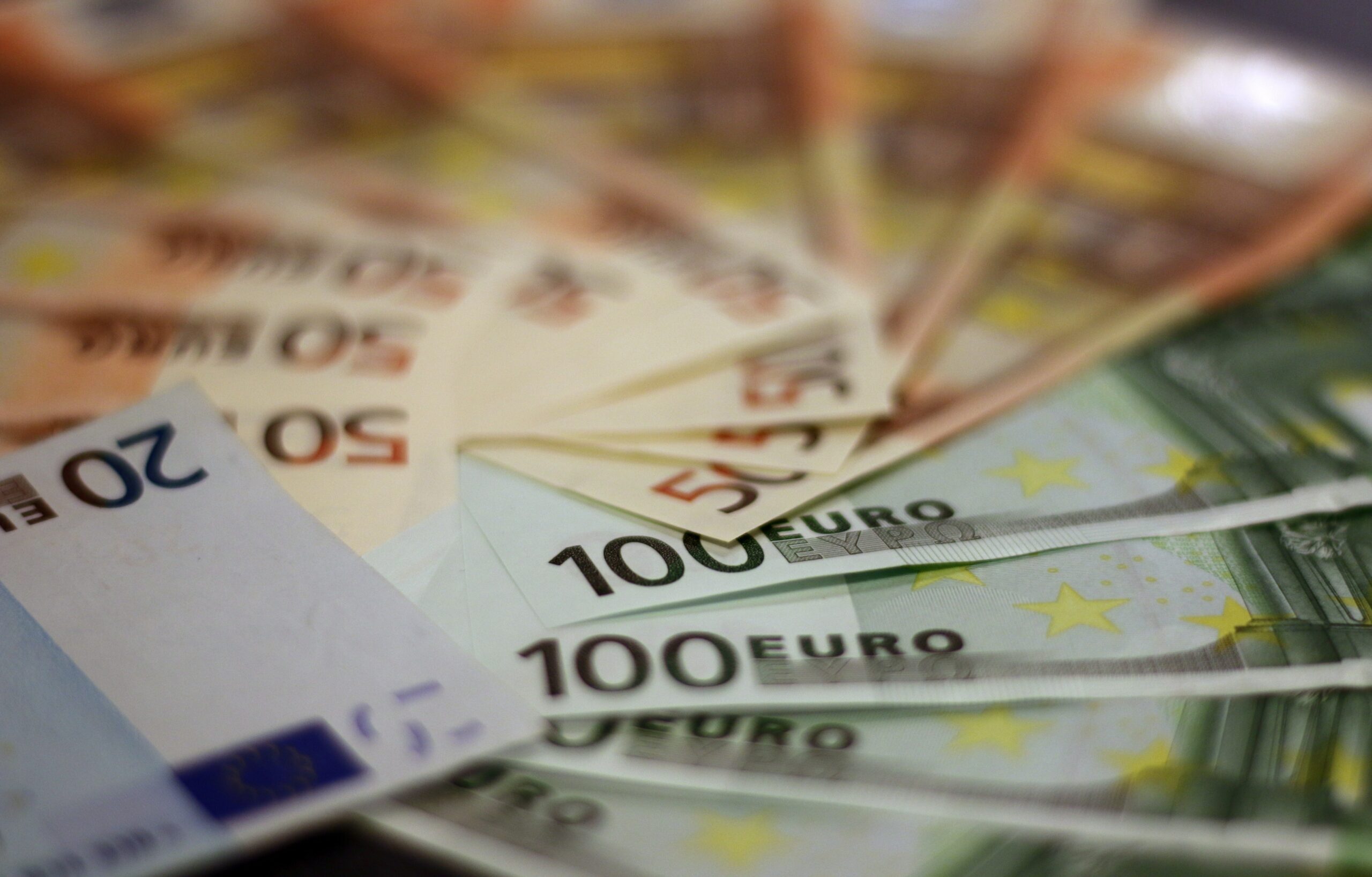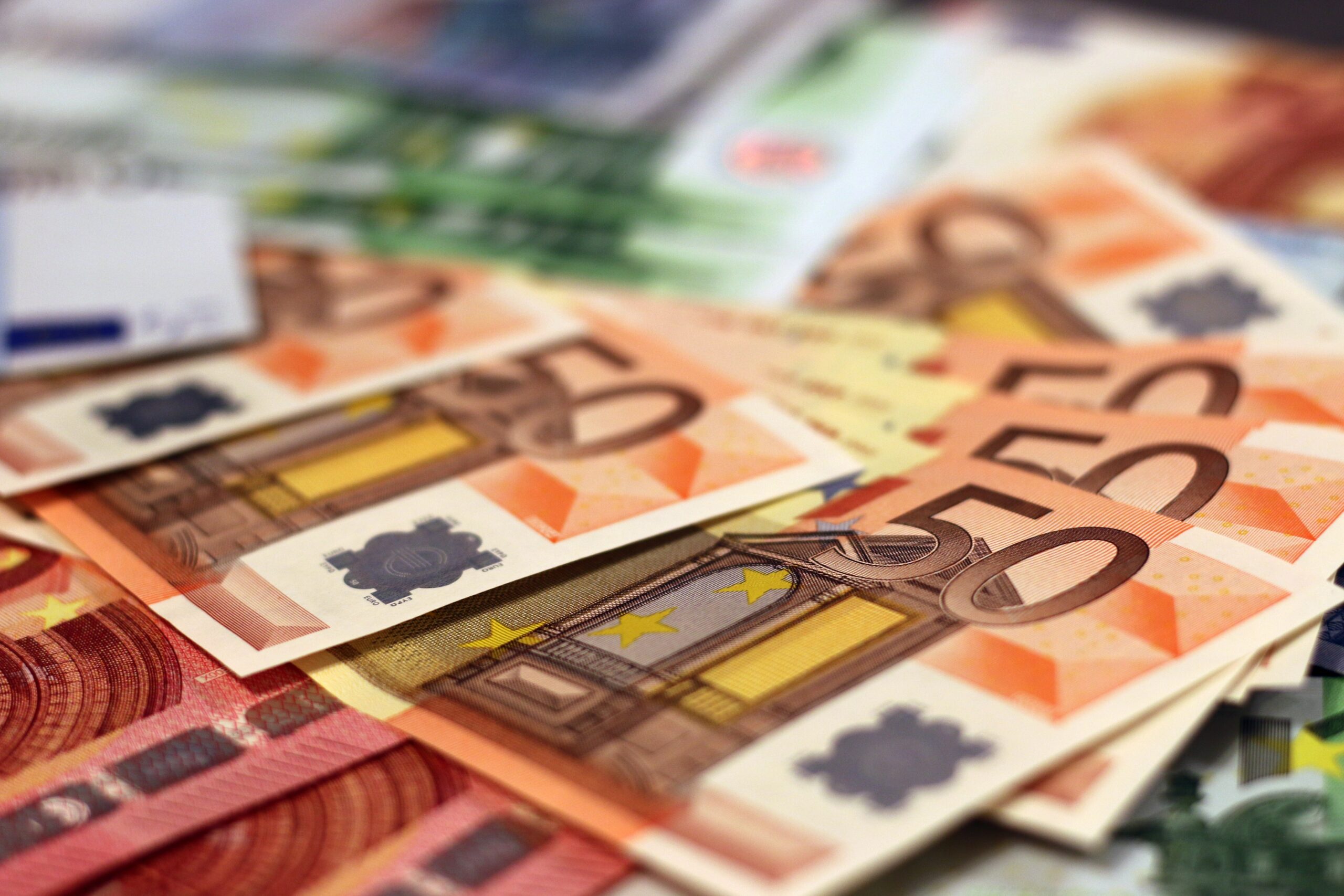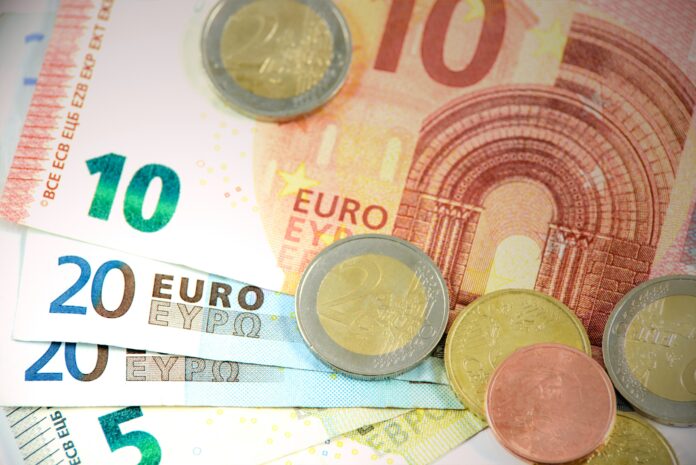Budget 2024 was announced today, October 10 – the total cost of which is €6.4 billion, made up of €5.3 billion in core expenditure and €1.1 billion in tax measures.
Minister for Finance Michael McGrath and Minister for Public Expenditure Paschal Donohoe delivered their budget speeches to TDs in Leinster House just after lunchtime.
Two new funds were announced in Budget 2024; The Future Ireland Fund, with a potential to grow over €100 billion, will help to protect living standards and public services for current and future generations.

Meanwhile, €14 billion will be put aside in the Infrastructure, Climate and Nature Fund by 2030 to allow for sustained levels of investment in infrastructure in the event of economic downturns and to support climate and nature related projects.
Here’s how Budget 2024 will affect you:
Childcare
Childcare fees are set to be cut by a further 25% – which won’t kick in until September 2024.
The home carer tax credit and the single person child carer credit will be increased by €100 and the incapacitated child tax credit is being increased by €200.
The statutory foster care rate will be increased by the end of 2024 by €75 per week for children under 12 and €73 per week for children over 12, bringing it to €400 and €425 per week respectively.

Education
The free schoolbooks scheme will be extended to students in the first three years of secondary school.
Families with an income of less than €100,000 will have college fees for undergraduate students halved to €1,500.
Other families will have college fees for full-time undergraduate students cut by €1,000.
A further 200 school building projects will begin construction over 2024 and 2025.
The budget will also provide for a further 1,200 additional SNAs.
Energy and Transport
The energy credit will be paid in three instalments of €150.
24 and 25-year-olds will become eligible for the Young Adult leap card for the first time – allowing half-price public transport fares.

Housing
Renters’ credit will increase from €500 to €750.
Landlords are set to receive an “income disregard” of €3,000 to €5,000 at the standard rate of tax. This means those who promise to stay in the rental market will get a tax break of between €600 and €1,000.
Mortgage-holders hit with ECB rate hikes will be able to avail of tax relief of up to €1,250 under the new measures.
The vacant property tax will be increased from three to five times the rate of Local Property Tax.
The Help-to-Buy scheme is being extended to the end of 2025.
Social Welfare
From January, there will be a rise of €12 in welfare and pension payments.
An extra child benefit payment will be paid before Christmas, while a double welfare and pension payment is set to be paid in January.
A range of lump-sum payments have been announced, including:
- €200 for the Living Alone Allowance
- €400 for the Carers’ Support Grant
- €400 for the Disability Support Grant
- €400 for the Working Family Payment
- €300 for the Fuel Allowance payment
- €100 Qualified Child Bonus

Business
Minimum wage will increase to €12.70, effective from January.
There will be over €100 million in support for beef and sheep sectors and €9 million more for tillage farmers.
The Research and Development (R&D) Tax Credit is being increased from 25% to 30%.
Taxation
Personal, PAYE and earned income tax credits will increase by €100 to €1,875.
The Standard Rate Band will go up by €2,000 to €42,000.
The 2% rate of USC will go up by €2,840 – meaning it will apply on earnings up to €25,760.
The 4.5% rate of USC has been reduced to 4%, the first reduction in USC rates in five years.
Other
Funding was announced for between 800 and 1,000 new Garda trainees and a 25 per cent increase in the Garda overtime budget to help address criminal justice complaints.
Excise increases on petrol and diesel, which were due to return at the end of October, will be deferred with half next April and other half in August 2024.
Carbon tax will increase from €48.50 per tonne to €56 per tonne from October 11.
The zero VAT rate on the supply and installation of solar panels is being extended to schools from January 1, 2024.
VRT relief for battery electric vehicles is being extended to the end of 2025.
A packet of 20 cigarettes will increase by 75c to €16.75 (for most brands), effective from midnight.
There’s a proposal to introduce a domestic tax on e-cigarettes and vaping products in Budget 2025.
The government will increase the funds available under the Charity VAT Compensation Scheme from €5m to €10m, meaning charities will get back more VAT than they pay.


